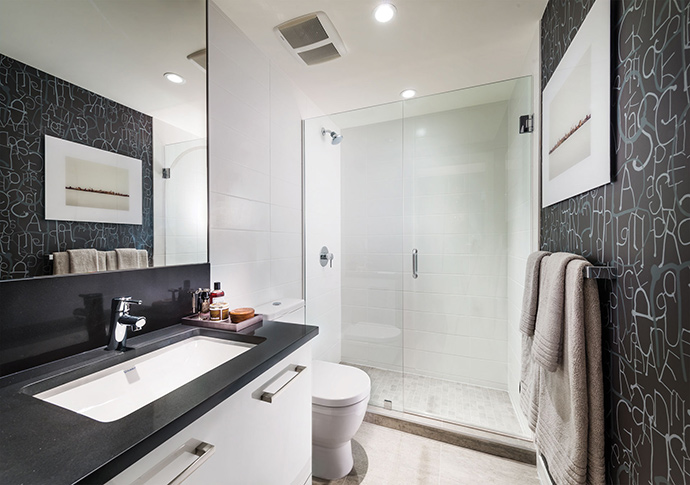In recent years, the culinary industry has witnessed a surge in innovative food startups, food delivery services, catering businesses, and artisanal food producers. These businesses often require fully-equipped and compliant commercial kitchens to bring their culinary visions to life. However, setting up a professional kitchen can be a daunting task in terms of costs, space, and regulatory requirements. This is where the concept of renting a commercial kitchen comes into play. In this article, we will delve into the advantages of renting a commercial kitchen and how it can benefit food entrepreneurs and businesses.
Cost Efficiency
Contents
One of the primary advantages of renting a commercial kitchen is the significant cost savings it offers compared to building your own kitchen from scratch. Establishing a fully functional commercial kitchen involves substantial upfront expenses, including purchasing appliances, kitchen equipment, and maintaining compliance with health and safety regulations. By renting a shared commercial kitchen, entrepreneurs can bypass these high initial costs and instead allocate their resources toward refining their recipes, sourcing high-quality ingredients, and growing their customer base.
Flexibility and Scalability
Renting a commercial kitchen provides a level of flexibility that is crucial for emerging culinary businesses. Entrepreneurs have the freedom to choose rental options based on their specific needs, whether it’s renting by the hour, day, week, or month. This adaptability is particularly advantageous for seasonal businesses or those looking to test new menu items without committing to a long-term lease.
Moreover, as businesses grow, their kitchen requirements may change. Renting a commercial kitchen allows for easy scalability – businesses can adjust their kitchen space and time slots according to demand fluctuations. This eliminates the need for investing in additional kitchen infrastructure when expanding operations.
Compliance and Infrastructure
Commercial kitchens must adhere to stringent health and safety regulations to ensure food quality and consumer safety. Renting a licensed commercial kitchen ensures that entrepreneurs operate within a compliant environment without the hassle of navigating complex regulatory requirements on their own. These shared kitchens are typically equipped with state-of-the-art facilities that meet industry standards, saving businesses from the challenges of setting up their own certified kitchen.
Networking and Collaboration
Renting a commercial kitchen also opens doors to networking and collaboration opportunities. In shared kitchen spaces, entrepreneurs are likely to interact with like-minded individuals, fostering an environment for knowledge exchange and creative brainstorming. This can lead to collaborations on events, promotions, or even joint ventures, amplifying the business’s reach and potential for growth.
Commercial Kitchen For Rent Focus on Core Business Activities
Running a culinary business involves numerous responsibilities beyond cooking, such as marketing, inventory management, and customer relations. Commercial Kitchen For Rent allows entrepreneurs to focus on their core business activities, as they can delegate the complexities of kitchen maintenance and equipment upkeep to the kitchen facility management. This streamlined approach can lead to increased efficiency and a sharper focus on delivering exceptional culinary experiences.
Commercial Kitchen For Rent has emerged as a smart and practical solution for culinary entrepreneurs and businesses seeking to enter the food industry without the heavy burden of upfront costs and regulatory challenges. The flexibility, cost-efficiency, compliance assurance, networking opportunities, and the ability to concentrate on core business activities make renting a commercial kitchen a compelling choice. As the culinary landscape continues to evolve, shared kitchen spaces are likely to play a pivotal role in nurturing culinary innovation and supporting the growth of aspiring food entrepreneurs.
















